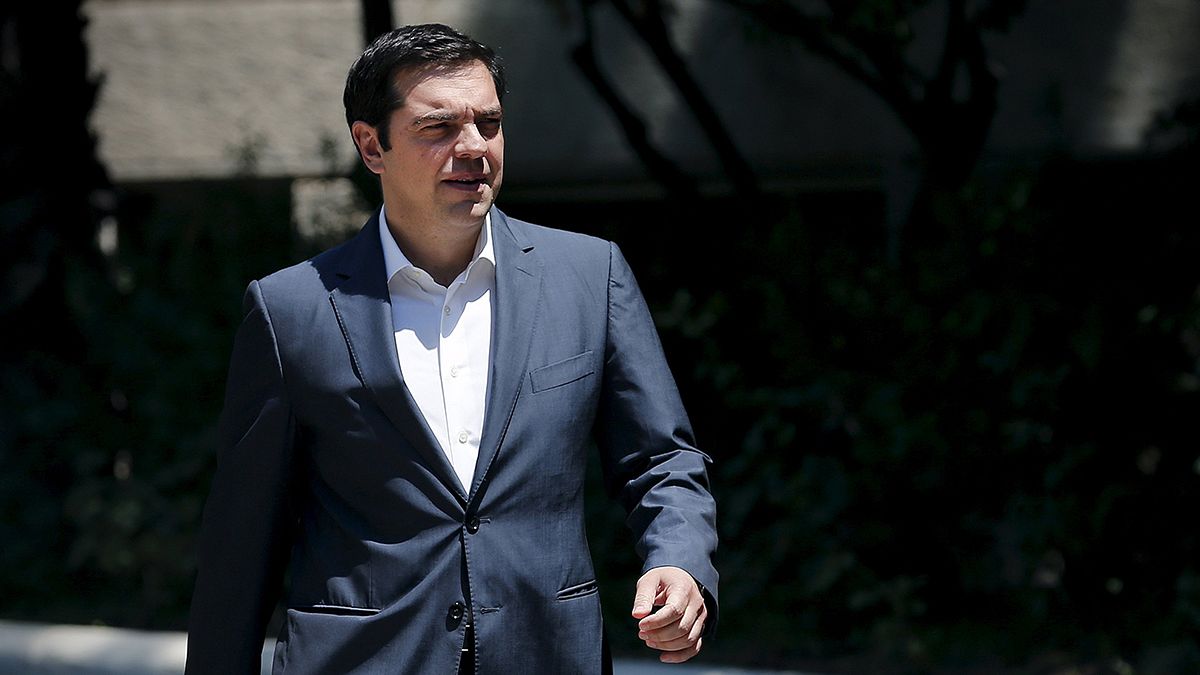The Greek PM has been holding urgent talks with his Syriza Party, ahead of the start of new bailout talks with creditors on Tuesday
The Greek Prime Minister has been holding urgent talks with his Syriza Party, ahead of the start of new bailout talks with creditors on Tuesday.
Alexis Tsipras is struggling to keep his government together after accepting tough conditions for new negotiations for a third 86-billion-euro rescue package.
The Syriza Party won elections on a promise of no more bailouts and no more austerity, but Tsipras gave in to the creditors after banks were closed for three weeks.
He insists he is against the measures being imposed, but he had no choice but to accept new talks for the country’s survival.
One man in Athens, Yannis Haniotis, said: “I’m a businessman and I’m quitting. I’m done. And I’d like to see what kind of revenue the state will get when no one is working.”
A pensioner, Kostas, said: “Tsipras put up a fight, a very good fight. The only one who put up such a fight. What’s the result? Nothing. It’s a shame but that’s the outcome.”
Negotiators from the European Commission, the European Central Bank and the IMF are in Athens, but there are warnings that more austerity and severe reforms may not be the answer.
Louka T. Katseli, the President of the Greek Bank Association, said: “The external debt problem of Greece was transformed into a Greek private debt problem, with most families not being able to pay their taxes, pay social security contributions, pay mortgage loans,etc.
“That’s why I thought as an economist that this was not really the appropriate programme for Greece.”
Before any new bailout talks could begin, the prime minister had to sack some of his ministers and rely on the opposition to pass two reform measures that were seen as a prerequisite to negotiations.
